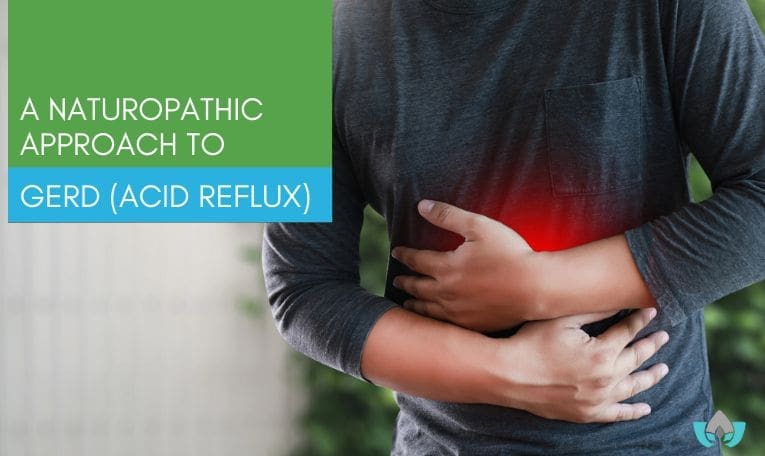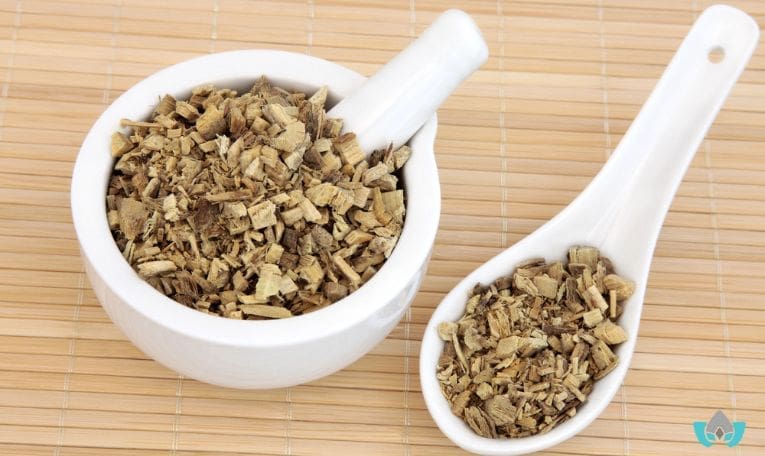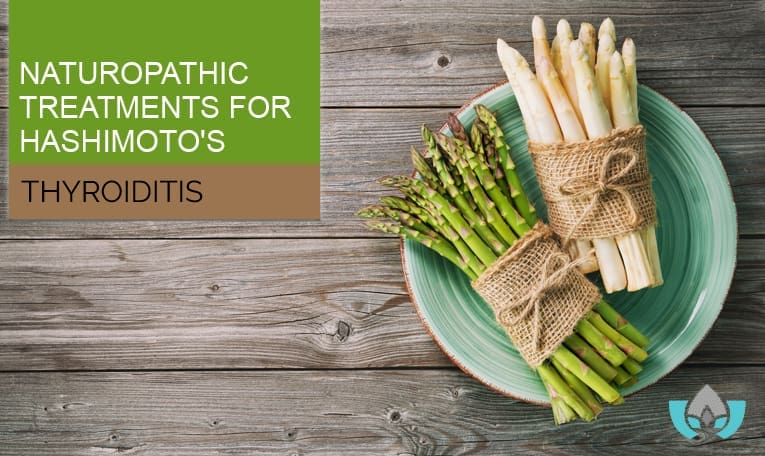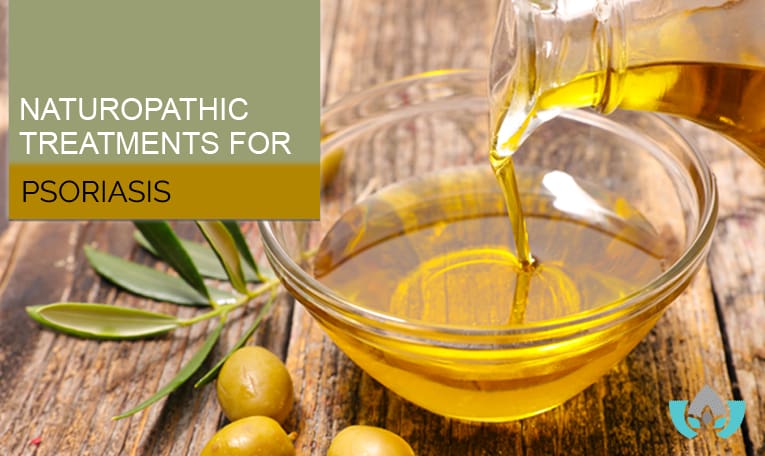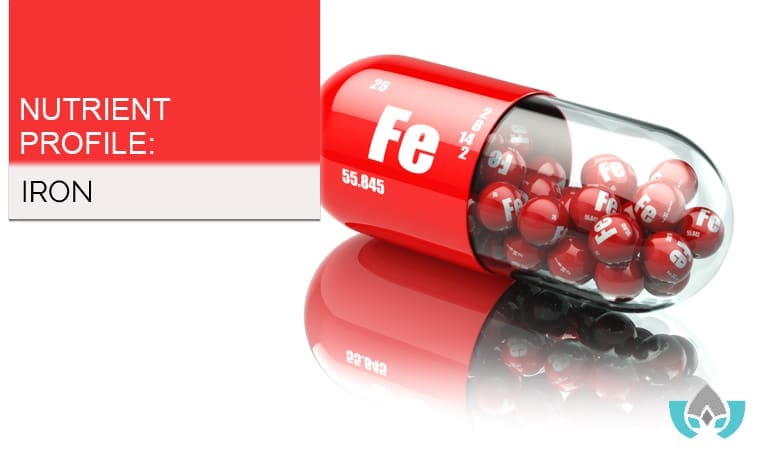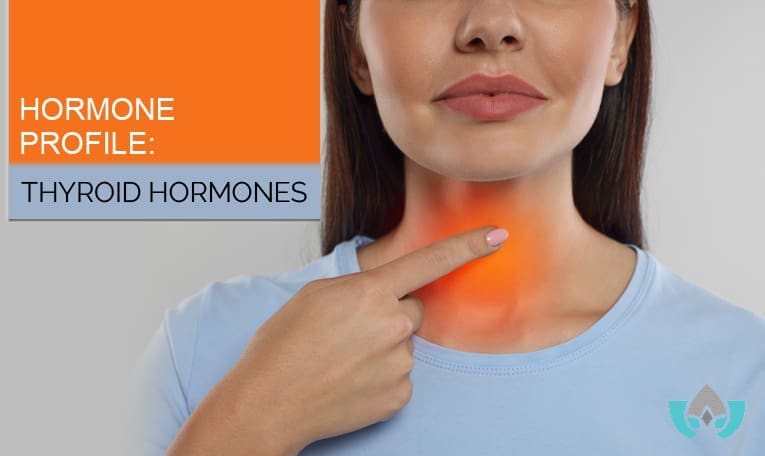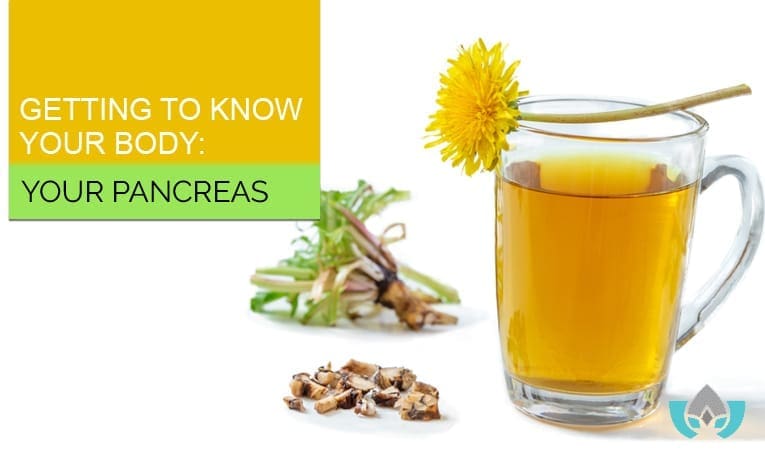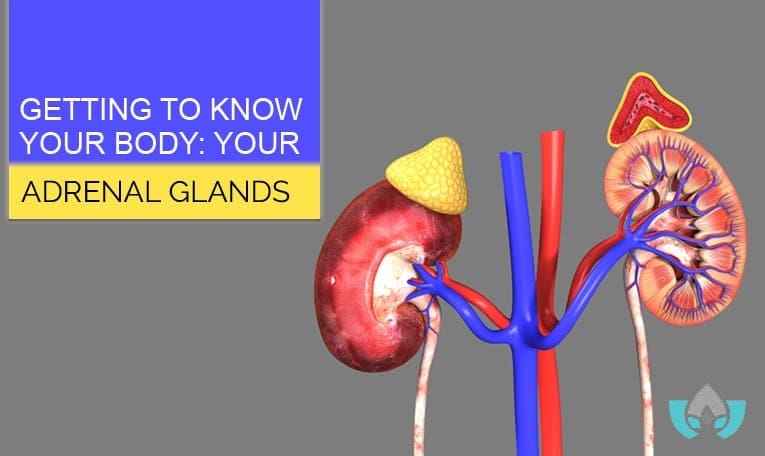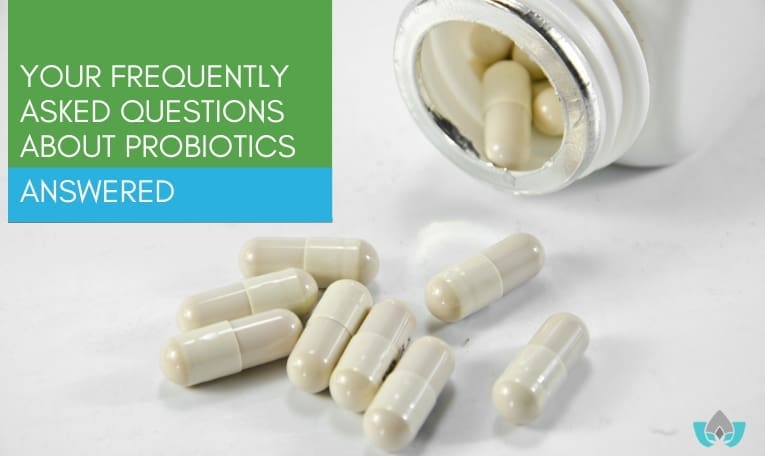

You’ve likely heard that having probiotics can provide you with a number of health benefits.
But what exactly are probiotics?
Your body contains a large number of bacteria, most of which reside in your gut.
The majority of these bacteria are harmless, and some are even helpful.
However, a small number of bacteria in your body can cause disease.
So it’s important to have the right kind of bacteria, such as probiotics, that can provide your body with a variety of health benefits.
I’m Dr. Maria Cavallazzi, a naturopathic doctor at the Mindful Healing Naturopathic Clinic.
Today I want to answer your frequently asked questions about probiotics and provide you with some information about what probiotics are and their potential health benefits.
Keep reading to learn more.
What Are Probiotics?
Probiotics are living microorganisms, like live bacteria and yeasts, that, when ingested, can provide you with health benefits.
You can get probiotics from food sources that have undergone bacterial fermentation.
You can also get probiotics from supplements.
There are different types of probiotic bacteria.
The most common are bifidobacteria and lactobacillus.
Each different type of probiotics can help address different health issues.
So you can choose the right kind of probiotic for your body based on what health benefits you want to reap from them.
Why Are Probiotics Important?
There are a number of potential health benefits that taking probiotics may afford you.
Let’s take a closer look at some of the specific ways in which probiotics can impact your health and your body’s function.
1. Probiotics For Gut Health
As we’ve already mentioned, your body, particularly your gut, contains a wide array of different bacteria.
This makes up your gut microbiome, which includes bacteria, fungi, viruses, helminths, and archaea.
These are mainly found in your large intestine, or colon.
Your gut microbiome plays an important role in manufacturing vitamins, such as vitamin K and some B vitamins.
Additionally, it helps turn fibers into short chain fats, which help your body perform numerous metabolic functions, as well as helping to stimulate your immune system and strengthen your gut.
Your gut microbiome is very sensitive in regard to your diet, and any imbalances can lead to health issues, such as:
- Type 2 diabetes
- Obesity
- Heart disease
- Metabolic syndrome
- Colorectal cancer
- Depression
- Alzheimer’s
Probiotics may be able to help keep your gut microbiome in balance and help your digestive system functioning properly.
2. Probiotics For Better Digestion
Probiotics may promote better digestion and help prevent or reduce the severity of diarrhea.
Diarrhea commonly occurs when you take antibiotics.
This is because antibiotics can kill off the natural bacteria in your gut and cause an imbalance in your gut microbiome.
Probiotics may also help combat a number of other digestive issues, such as:
- Irritable bowel syndrome (IBS)
- Constipation
- Bloating
- Reducing gas
- Mild ulcerative colitis
- Other digestive disorders
If you’re having digestive issues, probiotics may help restore your body’s bacterial balance and provide some relief.
3. Probiotics For Your Mental Health
Researchers have found that there may be a link between your mental health and your gut health.
Probiotics like bifidobacteria and lactobacillus may help reduce and improve symptoms associated with a number of mental health issues.
Some of these can include:
- Depression
- Anxiety
- Obsessive compulsive disorder
- Autism
- Memory issues
- Stress
If you’re having mental health issues, probiotics may help you reduce your symptoms and improve your overall mood and mental well being.
4. Probiotics For Managing Inflammation
Because of their anti-inflammatory properties, probiotics may be helpful in dealing with a number of different inflammatory disorders.
This includes rheumatoid arthritis, asthma, certain skin conditions like lupus and acne, and others.
By managing inflammation, probiotics may help reduce the development of other diseases associated with inflammation.
5. Probiotics For Heart Health
Probiotics may help lower LDL cholesterol levels, as well as help lower blood pressure, both of which can significantly impact your heart health.
Probiotics may help reduce cholesterol by breaking down bile in your gut using lactic acid producing bacteria.
Bile is a liquid made up of cholesterol that naturally occurs in your body to help digestion.
When it’s reabsorbed by your gut, it can enter your bloodstream as cholesterol.
By breaking it down, probiotics can help prevent its reabsorption into your body and keep your heart healthy.
6. Probiotics For Immune Health
Probiotics may help enhance your immune system and protect your body against infections.
They may help reduce your risk of infections, such as:
- Common cold
- Respiratory infections
- Urinary tract infections (UTI’s)
While probiotics may have a beneficial effect on your immune health, more research is required.
7. Other Potential Benefits
Probiotics have also been linked to various other potential health benefits.
Probiotics may have an impact on weight loss.
They may help prevent your intestine from absorbing dietary fat, excreting it through feces rather than storing it in your body.
There may also be a connection between obesity and microbial changes in the gut.
By regulating and balancing your gut microbiome, probiotics may help combat weight gain and obesity.
Probiotics may also help reduce the severity of certain skin conditions and allergies.
These can include:
- Eczema
- Acne
- Rosacea
- Other skin disorders
Probiotics may also have an anti-aging quality by increasing your cells’ ability to replicate themselves, which can potentially extend lifespan.
What’s The Difference Between Probiotics Vs. Prebiotics
As we’ve said, probiotics are living microorganisms that, when ingested, may provide a wide range of health benefits and improve some of your body’s functions.
On the other hand, prebiotics are compounds found in food that help promote the growth and activity of good microorganisms, like probiotics.
Prebiotics are essentially a source of energy for your gut’s microorganisms.
Probiotics can metabolize and ferment prebiotics to extend their survival and increase their function.
This process is also good for your gut health because when prebiotics are broken down, short chain fatty acids are created.
These short chain fatty acids can help with mucus production, aid with inflammation and immunity, give your colon cells energy, and improve mineral absorption.

What Foods Are Rich In Probiotics?
Probiotics are available from a variety of foods.
You can find live probiotic cultures in fermented dairy products, like milk and yogurts.
Other fermented foods that may also contain probiotics include:
- Kefir
- Sauerkraut
- Soy products
- Miso
- Tempeh
- Kimchi
- Pickled vegetables
- Probiotic fortified cheese
Probiotics are also available as supplements, which contain the bacteria in dried form.
Where Do Your Gut Microbiomes Come From?
First and foremost, it’s important to understand that probiotics and gut microbes aren’t the same thing.
Probiotics are external live microorganisms that are ingested.
Your gut microbes live within your body.
These microbes may begin to develop during fetal development in the placenta, during childbirth, and through exposure to external environmental and food microbes.
As a newborn, you also developed your gut microbiome through the beneficial bacteria and prebiotics that come from breast milk.
Additionally, your diet plays a significant influence on developing and supporting your gut microbiome.
How To Know If Your Gut Microbiome Is Unhealthy
It’s difficult to determine what a healthy composition of gut microbes is because there are so many diverse types that can affect you differently.
However, certain health issues and conditions have been linked with disrupted microbiota in your gut, also called dysbiosis.
Some common indicators of an unhealthy gut microbiome can include:
- Digestive issues
- Metabolic syndrome
- Type 2 diabetes
- IBS
- Type 1 diabetes
- Gastrointestinal issues
- Asthma
- Celiac disease
- Allergies
- Frequent infections
- Mood disorders
- Skin conditions
If you have any of the above conditions it may be an indication of an unhealthy gut microbiome.
However, certain tests may be performed to give you a general idea about the state of your gut microbiome.
Are There Any Risks With Taking Probiotics?
While probiotics are generally considered safe for most people, there can be side effects associated with taking them.
However, side effects are typically minor and only affect a small portion of the population.
When you first start taking probiotics you may experience digestive issues such as bloating or increase in gas.
However, once your body gets used to it, these symptoms will subside.
To avoid unpleasant digestive issues, it’s a good idea to start with low doses of probiotics and work your way up.
You may also experience headaches caused by biogenic amines in probiotics.
These are substances that form when protein food sources are fermented by bacteria, which may excite the central nervous system and disrupt blood flow, leading to headaches.
Probiotics may also produce histamine in your digestive tract.
Histamine is produced by your immune system when it detects an attack.
As histamine levels rise, your body sends more blood to the affected area, which may cause swelling and allergy symptoms like runny nose, itchiness, watery eyes, or trouble breathing.
Furthermore, since probiotics are found in food sources, any dietary allergies you may have to particular foods may cause adverse reactions.
So be sure to read the labels to avoid any ingredients you may be allergic to.
In rare circumstances, probiotics may increase infection risk in some people with compromised immune systems, such as those with HIV, AIDS, or other conditions.
Book Your Appointment With The Mindful Healing Clinic Today
Do you want to know more about probiotics and how to optimize your body’s function and overall health?
If so, I can help.
As a naturopathic doctor I can help you understand what your body needs and how probiotics, as well as other nutrients and vitamins, can help whatever condition you may have.
Book your appointment with The Mindful Healing Clinic today.

